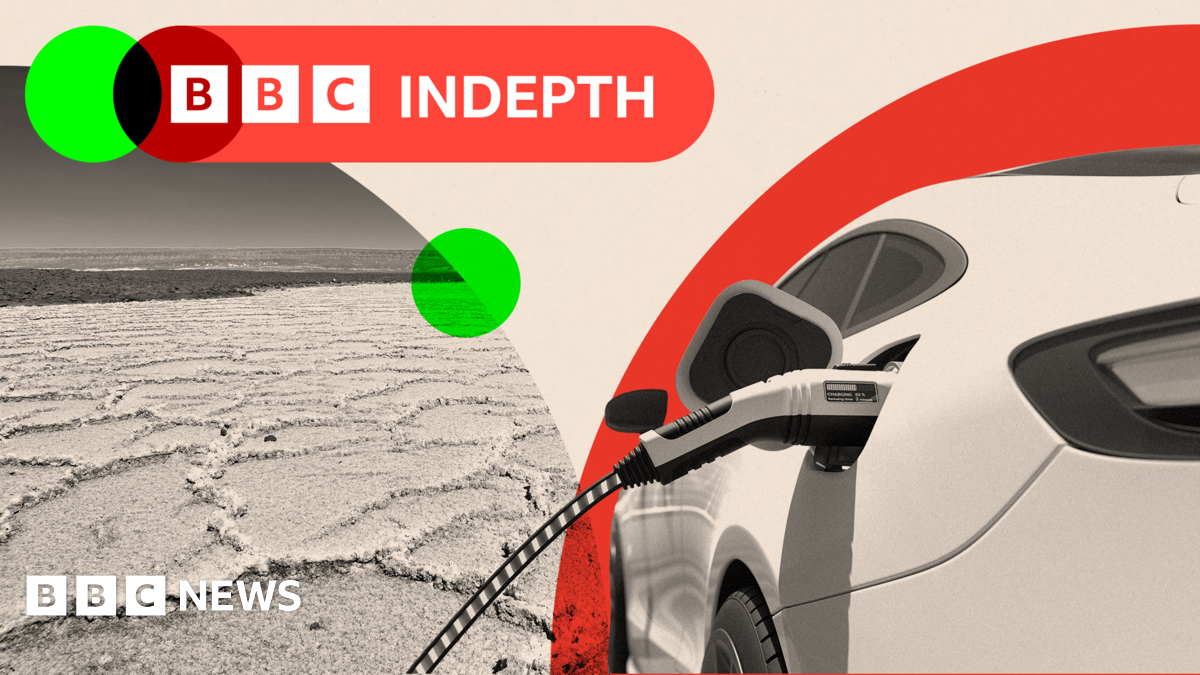The inconvenient truth is that everything we've got in our modern world is made out of planet, even we are, so something somewhere must be destroyed to make these things, or we might as well go back to living in caves. Hence, so-called "green" technology isn't so green after all and never can be. It can be greener than other tech, but, by definition, it still harms the environment one way or the other.
This BBC article focuses on the lithium required for the explosion in electric cars around the world that run on them. Just look at how mining it is ruining our environment. On top of that, there's not all that much of it in the earth, so we're gonna hit a supply crisis eventually too, hence we'll be forced to move to other battery tech. While new, higher performance batteries that use different materials are in development that have benefits such as charging times in seconds rather than hours and much higher energy density, none are ready for market yet and are quite a long way off, too. They, too, will inevitably destroy the environment in their own way and that can't be helped.

 www.bbc.co.uk
www.bbc.co.uk
This BBC article focuses on the lithium required for the explosion in electric cars around the world that run on them. Just look at how mining it is ruining our environment. On top of that, there's not all that much of it in the earth, so we're gonna hit a supply crisis eventually too, hence we'll be forced to move to other battery tech. While new, higher performance batteries that use different materials are in development that have benefits such as charging times in seconds rather than hours and much higher energy density, none are ready for market yet and are quite a long way off, too. They, too, will inevitably destroy the environment in their own way and that can't be helped.
Raquel Celina Rodriguez watches her step as she walks across the Vega de Tilopozo in Chile's Atacama salt flats.
It's a wetland, known for its groundwater springs, but the plain is now dry and cracked with holes she explains were once pools.
"Before, the Vega was all green," she says. "You couldn't see the animals through the grass. Now everything is dry." She gestures to some grazing llamas.
For generations, her family raised sheep here. As the climate changed, and rain stopped falling, less grass made that much harder.
But it worsened when "they" started taking the water, she explains.
"They" are lithium companies. Beneath the salt flats of the Atacama Desert lie the world's largest reserves of lithium, a soft, silvery-white metal that is an essential component of the batteries that power electric cars, laptops and solar energy storage.
As the world transitions to more renewable energy sources, the demand for it has soared.

The rise of green tech is feeding another environmental crisis
The world's race to decarbonise has led to the rise of electric cars - and with it, soaring demand for lithium, which is required for the batteries
